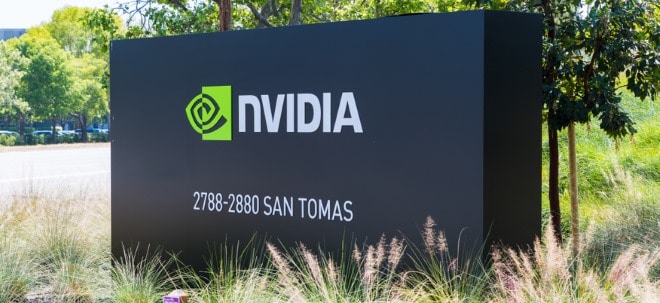Gojong’s gilded prisons: Russian Legation and Deoksu Palace
On the cold, pale morning of Feb. 10, 1896, Seoul was filled with excitement. A large procession of more than 100 Russian soldiers — armed, fully provisioned and accompanied by 22 ponies and a machine gun — marched through the streets to the Russian Legation. Their sudden presence was a mystery until it was revealed that King Gojong and the crown prince had accepted asylum there — away from the pro-Japanese government. For just over a year, the Korean monarchy — much to the embarrassment of many in the royal court and especially the Japanese Legation — remained guests of the Russian government. According to popular belief, it was during this period that King Gojong became familiar with Western architecture and culture. Some have suggested that while living in the Russian Legation, the king first encountered coffee and developed a taste for it. This is only partially true. While he may have acquired a taste for the drink — with a single cube of sugar — coffee had actually been known in the Korean palaces since the mid-1880s. Gojong was apparently impressed with his new accWeiter zum vollständigen Artikel bei Korea Times
Quelle: Korea Times
Nachrichten zu Russian public joint-stock commercial roads Bank
Keine Nachrichten im Zeitraum eines Jahres in dieser Kategorie verfügbar.
Eventuell finden Sie Nachrichten, die älter als ein Jahr sind, im Archiv
Analysen zu Russian public joint-stock commercial roads Bank
Keine Analysen gefunden.

